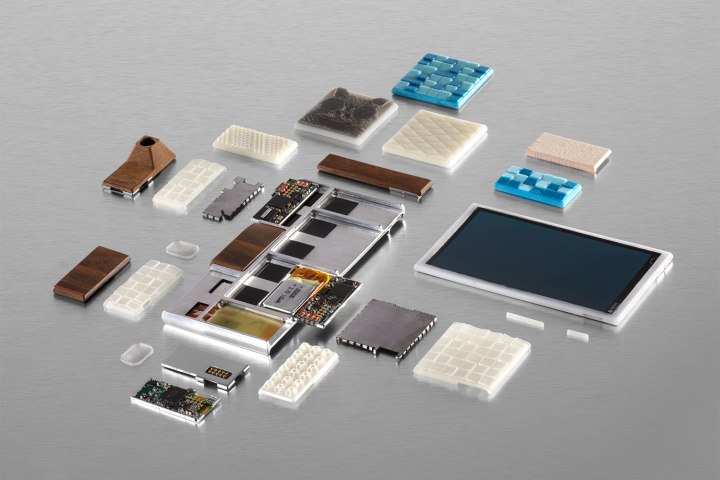
Google on Wednesday released the first Module Developer Kit (MDK) for Project Ara, the company’s attempt at creating a highly customizable handset that consumers can easily build according to their smartphone requirements.
The 81-page document furnishes developers with everything they need to know for building the various components that will make up the handset, which is set to launch with ‘skeletons’ in three sizes (below).


Google’s Advanced Technology and Projects Group (ATAP), which is leading Project Ara, said the aim of the initial MDK was to “give the developer community an opportunity to provide feedback and input, and to help us ensure that the final MDK – anticipated at the end of 2014 – is elegant, flexible, and complete.”
Formerly part of Motorola Mobility, Google held on to ATAP when it sold the mobile company to Lenovo in January.
Next up for the initiative is the first Project Ara Developers Conference in Mountain View on April 15 and 16. Developers are invited to go along and share their thoughts on the first MDK as the team moves ahead with its plans to build a brand new kind of smartphone.
Google says the modular handset could get a commercial release next year, possibly as early as the first quarter.
Editors' Recommendations
- Google just released the first Android 15 beta. Here’s what’s new
- Google’s first Android 11 developer preview brings permissions tweaks and more


